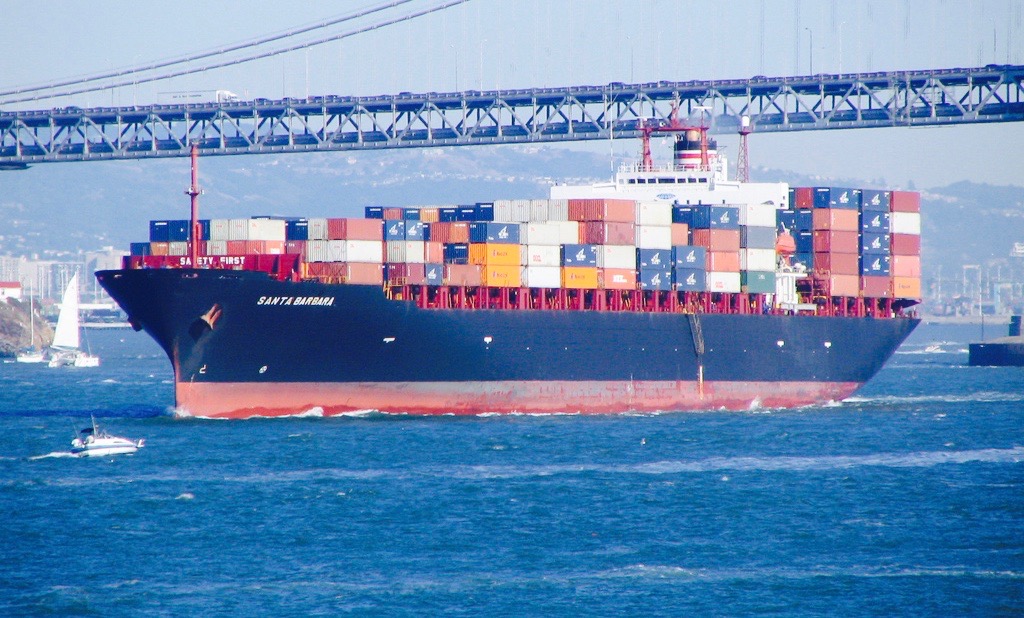Rick Manning: Bad Trade Deals Hurting US Economy
“OBAMATRADE” IS NOT “FREE TRADE” || By RICK MANNING || Standing beneath a You must Subscribe or log in to read the rest of this content.
“OBAMATRADE” IS NOT “FREE TRADE”
|| By RICK MANNING || Standing beneath a

1 comment
He delves into how agreements like NAFTA and the proposed TPP have led to significant job losses, especially in manufacturing sectors. It’s alarming to consider how these deals, intended to bolster economic growth, have instead contributed to the decline of American industries.?
Manning emphasizes the importance of fair trade over free trade, arguing that the U.S. has often entered into agreements that are not reciprocated by trading partners. This imbalance has allowed countries like China to exploit loopholes, leading to a flood of cheap imports and the erosion of domestic production. The article also highlights the political ramifications, noting how disillusionment with trade policies has fueled populist movements and reshaped the political landscape.?
What stands out is the call for a reevaluation of trade strategies to prioritize American workers and industries. Manning advocates for policies that enforce trade fairness, protect intellectual property, and ensure that other nations adhere to agreed-upon standards.